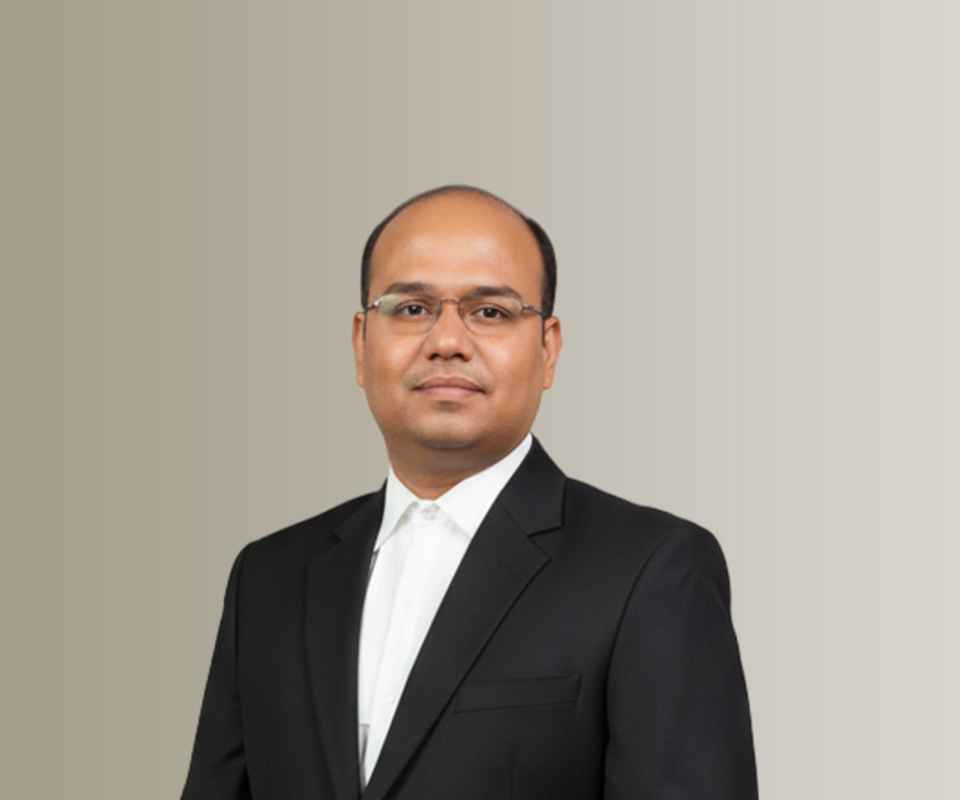Answer By law4u team
Patients who are harmed by unlicensed medical practitioners face serious legal and health risks. Since these practitioners lack the proper credentials and legal authorization to provide medical care, they may not adhere to the established standards of care required in the healthcare industry. In such cases, patients have several legal avenues to pursue justice and compensation for any harm caused.
Legal Recourse and Steps to Take:
- File a Complaint with Regulatory Authorities
- State Medical Boards: The first step is to report the unlicensed practitioner to the state or national medical board or other relevant healthcare oversight body. These boards are responsible for regulating the practice of medicine and can investigate complaints, impose fines, and revoke the practitioner’s ability to practice.
- Health and Human Services: In cases where fraud or criminal activity is suspected (e.g., impersonating a licensed medical professional), patients can file a report with health oversight authorities such as the U.S. Department of Health and Human Services (HHS) or other relevant agencies.
- Civil Lawsuits for Medical Malpractice
- Negligence: Although unlicensed practitioners may not be covered by the same legal protections as licensed professionals, patients can still sue for negligence or personal injury if the practitioner’s actions directly caused harm. In a civil lawsuit, the patient must demonstrate that the unlicensed practitioner failed to meet the standard of care and caused injury as a result.
- Compensation for Damages: Patients who are harmed by unlicensed practitioners can seek compensation for medical expenses, lost wages, pain and suffering, and other related damages. This compensation can be pursued through the civil court system.
- Fraud and Criminal Prosecution
- Criminal Charges: In some cases, unlicensed practitioners may be subject to criminal charges. Practicing medicine without a license is illegal in many jurisdictions, and the individual may face criminal prosecution for fraud, impersonation, or practicing medicine without the necessary qualifications.
- Penalties for the Offender: If the unlicensed practitioner is found guilty of criminal conduct, they may face fines, imprisonment, and the permanent loss of their ability to practice in any capacity.
- Insurance Claims
- Malpractice Insurance: Many licensed medical practitioners carry malpractice insurance to cover claims of patient injury. However, unlicensed practitioners often do not carry such coverage, leaving them personally liable for damages. If the harm is severe, patients may have to seek compensation directly from the practitioner, who could be personally liable for the full amount of damages.
- Health Insurance: In some cases, if an unlicensed practitioner is affiliated with a facility or healthcare provider that carries insurance, the health insurance company may cover some of the costs related to medical treatment or recovery, even if the practitioner is unlicensed. Patients should check with their health insurance provider about coverage options.
- Civil Action for Fraud
- False Credentials: If the unlicensed practitioner falsely represented themselves as licensed or certified, patients may also pursue a civil lawsuit for fraud. In these cases, the patient could argue that they were misled into trusting an unqualified individual, leading to harm.
- Potential Compensation: Victims of fraud may be entitled to additional damages if it can be shown that they were deceived into seeking medical care from an unlicensed provider.
- Seek Alternative Medical Opinions
- Documenting the Harm: One of the first steps is for the patient to seek a second opinion from a licensed and qualified healthcare provider. This helps to document the harm caused by the unlicensed practitioner and ensure that the patient receives the appropriate care to address the issues.
- Medical Records: Gathering medical records and evidence of the harm caused by the unlicensed practitioner can be crucial for any legal claims or investigations.
Legal Challenges:
- Burden of Proof: In cases involving unlicensed practitioners, the patient or plaintiff has the burden of proving that the practitioner caused harm. This may involve expert medical testimony, documentation of the injuries, and a detailed explanation of how the practitioner’s conduct fell below the accepted medical standards.
- Statute of Limitations: As with most medical malpractice cases, there are time limits (statutes of limitations) for filing lawsuits. The injured patient should seek legal advice promptly to ensure they do not miss the opportunity for legal recourse.
Example
A patient visits a person who claims to be a licensed doctor but is later discovered to be unlicensed. The individual performs an unnecessary surgical procedure that results in complications and severe injury to the patient. In this case:
- Report the Incident: The patient reports the unlicensed individual to the state medical board for practicing medicine without a license.
- Seek Legal Action: The patient files a civil lawsuit against the unlicensed practitioner for medical malpractice, seeking compensation for medical expenses and pain and suffering.
- File for Fraud: The patient may also sue for fraud, as the practitioner falsely represented themselves as a licensed medical professional.
- Criminal Prosecution: If the unlicensed practitioner is found to have impersonated a licensed professional, they may face criminal charges, including fines and imprisonment.







